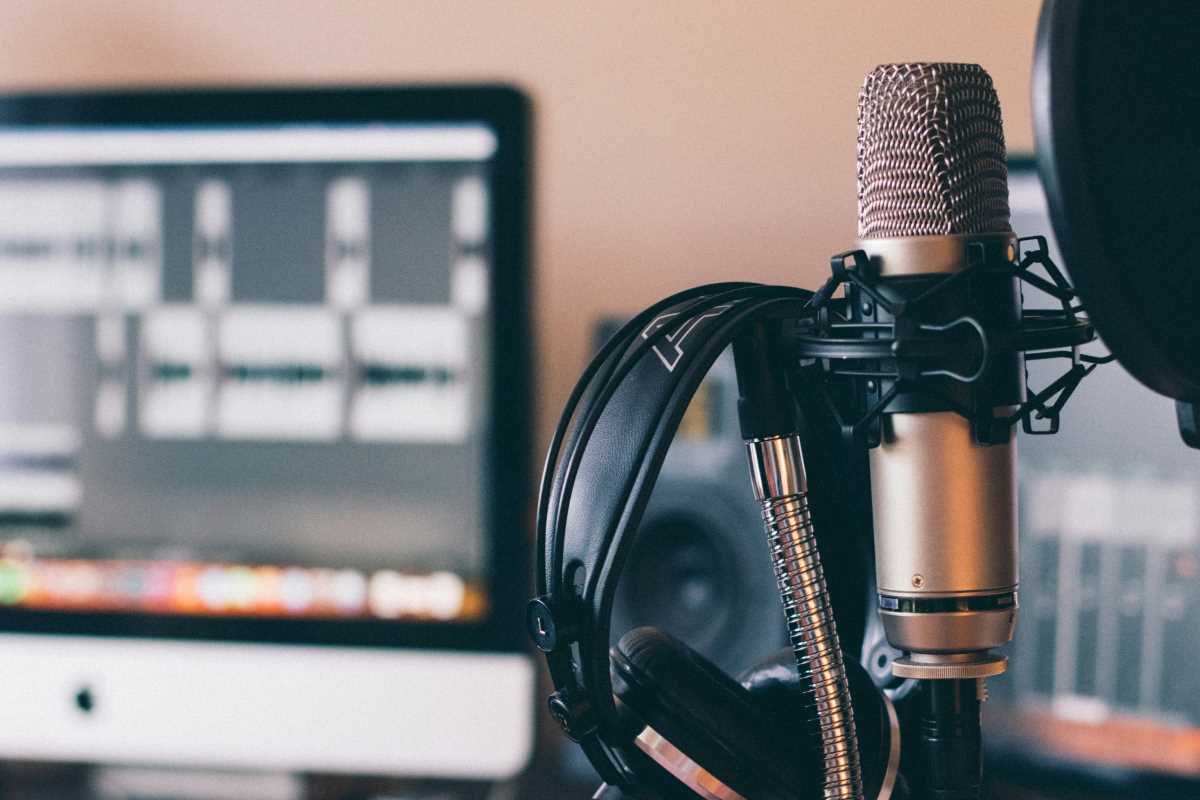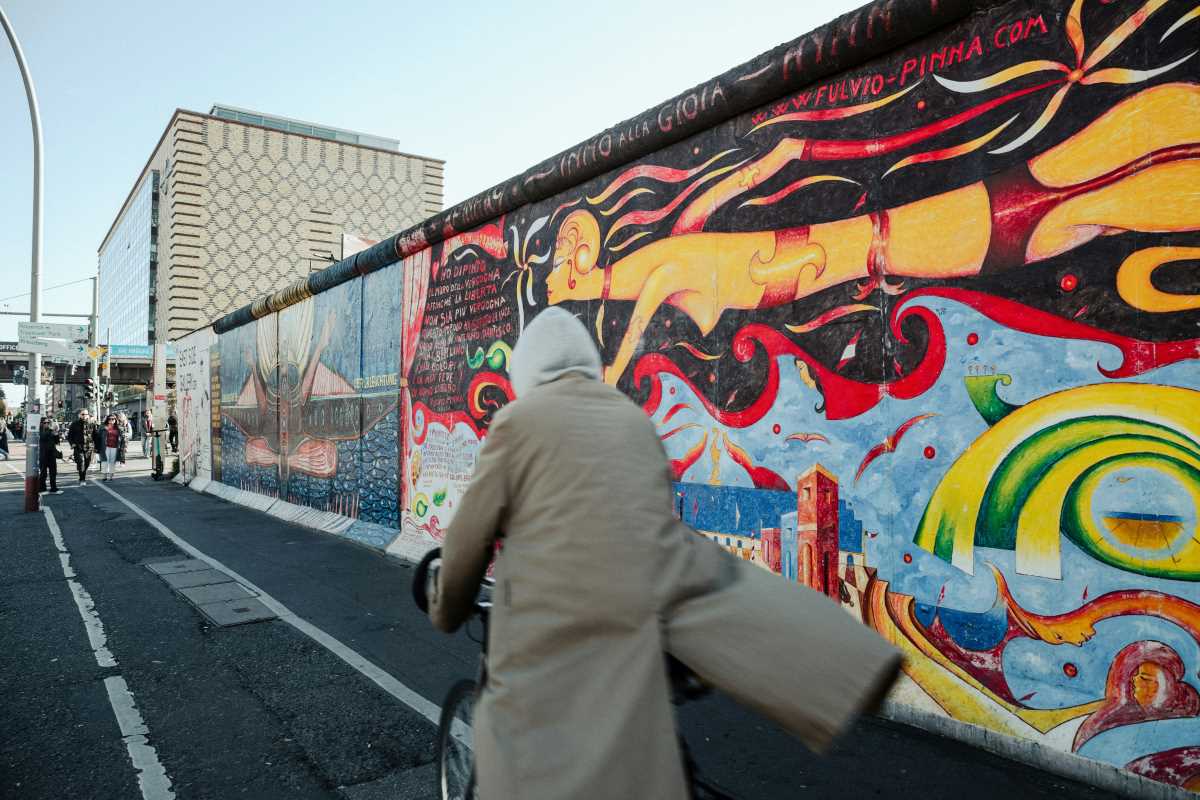Podcasts have changed the way we share and consume stories. These on-demand audio shows cover everything from true crime to comedy, but they’re doing something even bigger than entertaining us. They’re giving a microphone to people who have often been ignored or sidelined. For marginalized communities, podcasts have become a powerful way to be heard and tell their stories on their own terms. This post dives into why podcasts matter, how they succeed in elevating underrepresented voices, and highlights some of the podcasts leading the charge.
Why Podcasts Work for Marginalized Voices
Podcasts stand out because they don’t rely on a boss, a publisher, or a major corporation’s approval. Anyone with a smartphone and an internet connection can start one. That makes them more inclusive compared to other types of media, where gatekeeping often blocks people from underrepresented communities.
For decades, traditional media like TV, movies, and newspapers have been dominated by a small group of people deciding what stories get told. Often, these stories didn’t reflect the lives of marginalized groups. Podcasts are different. They provide a direct connection between storytellers and listeners. There’s no middleman deciding if the story is "marketable" enough.
On top of that, podcasts are highly personal. Hearing someone’s voice builds a more intimate connection compared to just reading their words. The raw emotion in someone’s tone can make the listener feel closer to their experiences. This type of connection is especially important for stories about race, gender, disability, or other marginalized identities. It’s easier to empathize with someone when their voice is speaking directly to you.
Raising Voices Through Storytelling
One of the most impactful aspects of podcasts is how they center storytelling. Nothing resonates quite like a personal story told from the heart. For marginalized communities, storytelling is a way to reclaim narratives that have been misrepresented or ignored altogether in mainstream media.
Take the podcast The Stoop, for example. Hosted by journalists Hana Baba and Leila Day, this show digs into complicated conversations about Black identity. Episodes explore topics like colorism, Black hair, and cultural expectations, all from a perspective that feels authentic and unfiltered. By sharing stories like these, The Stoop gives its listeners a space to feel seen and understood.
Another standout is Code Switch, an NPR podcast that explores how race and identity shape everyday life. With a mix of reporting and personal anecdotes, it tackles issues like interracial relationships and the impact of systemic racism. Code Switch doesn’t just inform; it challenges listeners to think critically about power, privilege, and inequality.
Podcasts like these prove how much representation matters. They create spaces for voices that have often been silenced, helping their listeners not only hear diverse experiences but also reflect on them in meaningful ways.
Accessibility and Inclusion
Another reason podcasts are such an amazing platform? They're accessible. Unlike other forms of media, they don’t demand high production costs or fancy equipment. A creator can record an episode from their bedroom and still reach thousands of people. This low barrier to entry means more people from different walks of life can share their stories without needing big budgets or professional connections.
For listeners, podcasts are free or inexpensive and super convenient. You can tune in while driving, working out, or even cleaning the house. With apps available on nearly every device, people worldwide can access these stories anytime, anywhere.
Podcasts also offer flexibility in format and content. Creators can dig into subjects mainstream media overlooks. They’re not bound by rigid rules about length, sponsors, or audience metrics. This freedom makes it easier to discuss uncomfortable but necessary topics, like systemic oppression, gender nonconformity, or mental health in marginalized communities.
Podcasts Making an Impact
The list of podcasts amplifying diverse voices seems to grow daily. Here are just a few more worth mentioning:
- Latino USA: Hosted by journalist Maria Hinojosa, this long-running podcast highlights the diversity of the Latino experience. It tackles everything from immigration policy to BTS stories about Latinx artists.
- Disability Visibility: Created by writer and activist Alice Wong, this podcast focuses on issues impacting disabled communities. By featuring disabled guests and creators, it challenges stereotypes and advocates for inclusion.
- Queery: Hosted by comedian Cameron Esposito, this show dives into the lives of LGBTQ+ leaders. Through interviews, it unpacks what queer identity means in today’s world.
What makes these podcasts so successful isn’t just their content. It’s the way they create community. Listeners see themselves in these stories and feel less alone in their experiences. For allies, these podcasts provide a way to listen and learn without dominating the conversation.
Why All of This Matters
At the heart of it, podcasts help level the playing field. They give marginalized voices a platform to speak and be heard without filtering, editing, or silencing. When people tell their stories on their own terms, it sparks empathy and understanding. Over time, these connections can lead to real change. They can challenge stereotypes, push for policy shifts, and inspire solidarity among listeners.
Most importantly, these stories remind us that everyone deserves to be heard. Amplifying marginalized voices makes the world a richer, more compassionate place to live in.
If you haven’t already done so, check out some of the shows mentioned above. You might learn something new, rethink an old perspective, or simply feel inspired by the stories being shared. Every time you hit play, you’re helping amplify voices that matter.
 (Image via
(Image via





